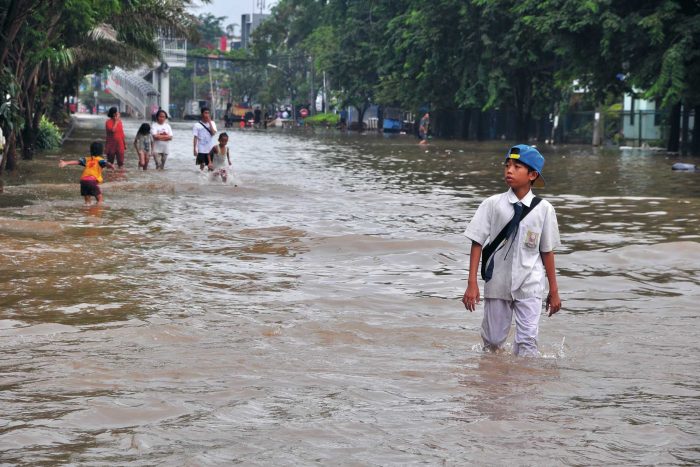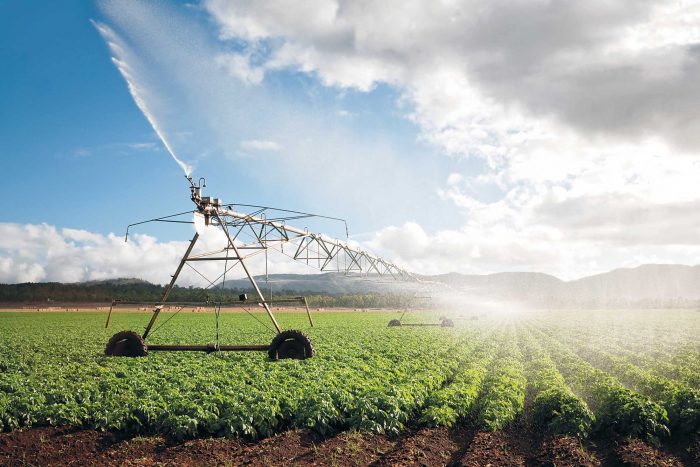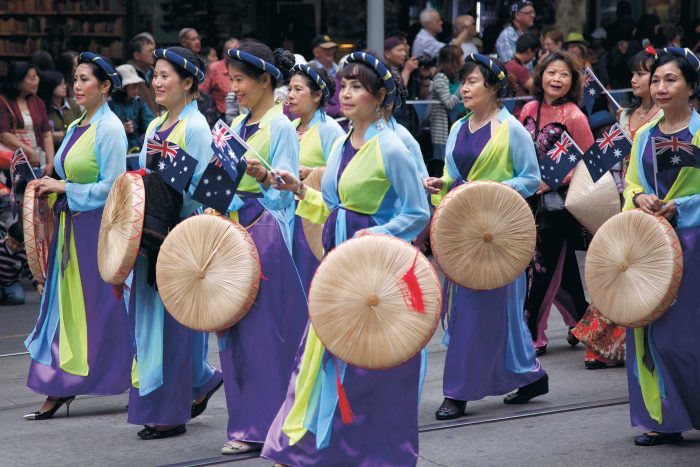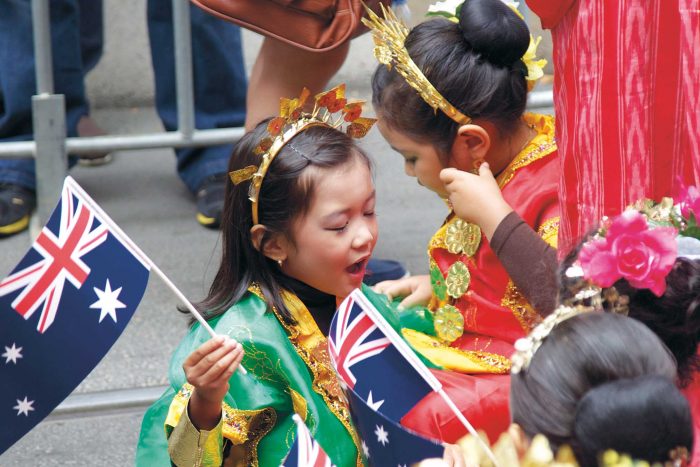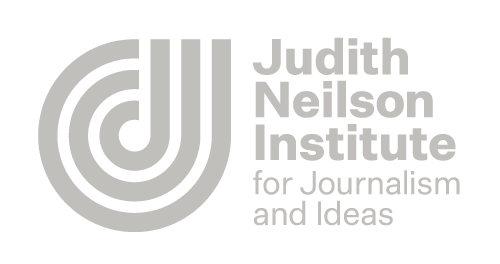An Asia Policy for Australia in the Trump Era
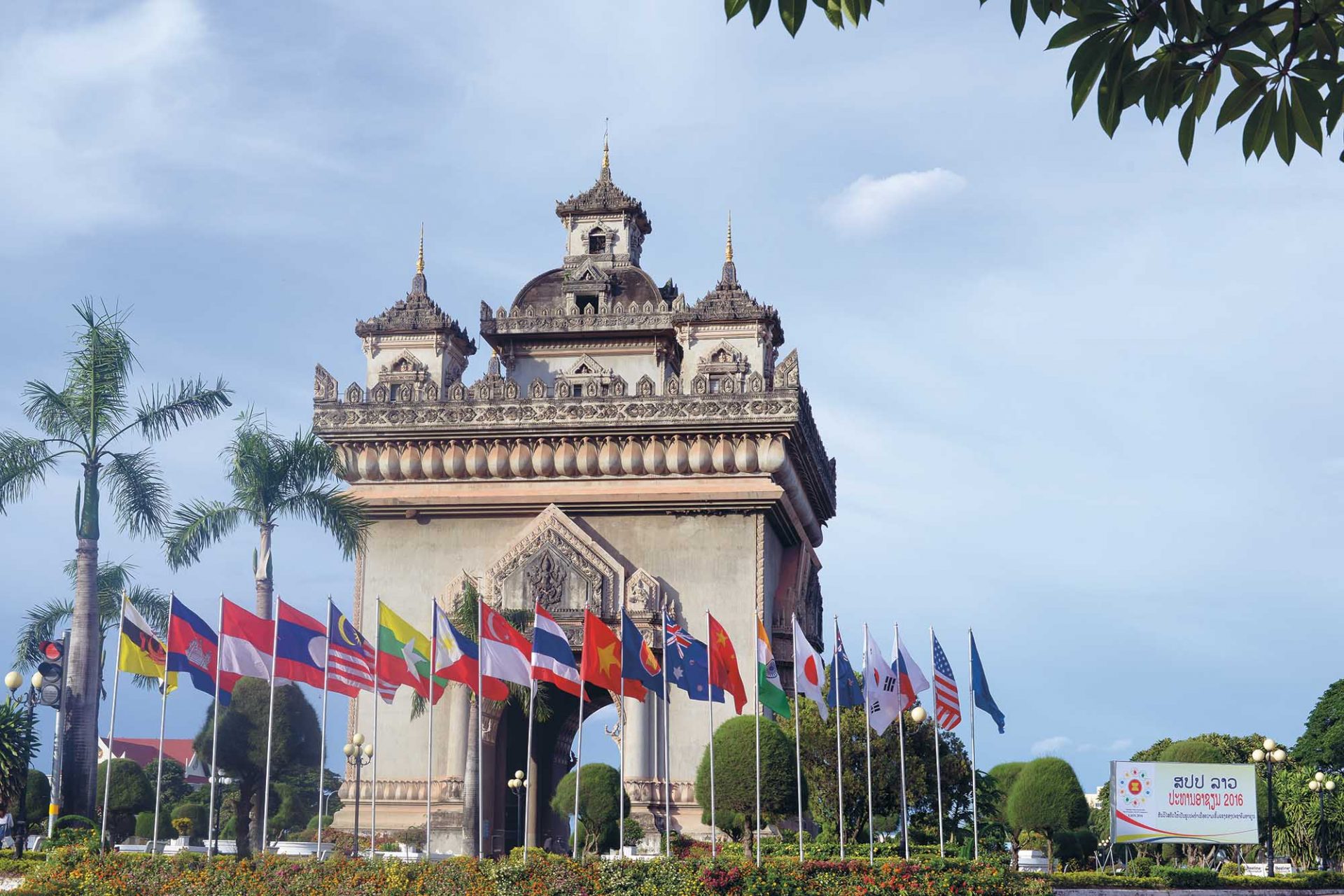
Australia must focus on our region - South East Asia, North Asia and the South West Pacific. To be effective we must now and in the future follow better balanced, updated policies, rather than try to reinforce long-standing, outdated solutions. The world has changed greatly and we must respond without delay.
Australia must pursue more balanced and appropriate defence, security, trade and immigration policies that are linked to its own real national interests; rather than the interests of any political parties of the moment – Australian or foreign.
Australia needs to revise its approach to a rules-based regional order and the Trans-Pacific Partnership (TPP) if it is to successfully manage the challenges and opportunities emerging from the arrival of a new United States Administration, just as we prepare a new foreign policy white paper.
So far the Turnbull government has spoken of a rules-based order in Asia and the TPP almost as if little has changed in the regional environment in which the planned white paper will be setting future policy parameters.
But this is not the case. The rules based order the government likes to regard as the bedrock for all diplomatic policy is both not accepted in its current forms for several countries, most notably China, and has in fact been ignored by the US in the past when this has suited its interests.
TPP in some revamped form is unlikely to be accepted by China for the very reasons that it is seen as part of that order. Indeed, the government seems to be now belatedly acknowledging this point.
A US role in the Asian and South West Pacific region, which genuinely acknowledges China’s right to have substantial influence in an area of major interest to it – the South China Sea – is needed. But this approach continues to be opposed by several of our political leaders, whose priority remains support for US policy, even when it was failing.
Australia should not exaggerate a Chinese threat to the South China Sea region, including the Spratly and Paracel lslands, and we should avoid any provocative activities there.
In the present debate in Australia, some assume that we have no option but to support continuing American supremacy in Asia, against a rising Chinese hegemony.
This is a simplistic approach which has been challenged by former prime ministers Paul Keating and Bob Hawke, by the late Malcolm Fraser, and by many prominent academics.
Prime Minister Malcolm Turnbull and foreign minister Julie Bishop often refer to the “rules based world order.” This “order”, of course, was established primarily by the US after the end of World War II.
The “rules” have been disregarded by the US itself when it has suited it to do so. As a result they have not been accepted by some major countries, especially China, which would want to be involved in the development of any new rules based order.
In this context, the dominant influence of the defence and intelligence communities in Australia and in the US on the development of broader foreign policy needs to be restrained.
Finding a balance between the US and China in the region has become a key strategic challenge for Australia and must be a central element of the upcoming foreign policy white paper.
The fundamental adjustment which Australian policy needs to make is to recognise that an Asia Pacific community is now clearly emerging, as has recently been acknowledged by Henry Kissinger. This community includes, important countries such as China, India, Japan, Indonesia, South Korea and Vietnam.
However in recognising the development of an Asia Pacific community, we need to also understand that we have tended to put excessive focus on the Association of Southeast Asian Nations (ASEAN) as a group. Although it has celebrated its 50th anniversary, ASEAN is a divided organisation. In particular, Laos and Cambodia take a different approach from some of the other members such as Singapore and Brunei. In this situation it is unwise for Australia to talk about an ASEAN attitude.
And the policy confusion since the dumping of the TPP by the Trump Administration has become a case study in how China seems to be handling the strategic challenges better than the US.
The TPP was launched in 2007 and signed by the eventual 12 member countries early in 2016 ahead of formal ratification. But it was already clear then both Democrats and Republicans in the US were deciding not to ratify it.
The parallel Regional Comprehensive Economic Partnership (RCEP), was launched by regional leaders in 2011 as a way to build a modern, comprehensive, high quality and mutually beneficial trade agreement. Negotiations between ASEAN as a group, China, India, South Korea, Japan, Australia and New Zealand were underway in 2013 and it was already clear then that China would have a preference for the RCEP.
I was, therefore, surprised when Bishop suggested to the Chinese Foreign Minister Wang Yi during a meeting in February 2017 China should now join the TPP. This seems very strange as China will definitely not do so and our government has again put itself in a position of pressing a proposal which is destined to fail.
Closer to home we also need to address concerns about Australian policies in Papua New Guinea and in Fiji, which they find intrusive. This is the part of our region in which the world is most likely to judge Australia’s diplomatic abilities.
Another important longer term challenge for Australia as its relative economic size declines in relation to some Asian countries is whether the Group of 20 nations group is too big to be effective for us. It is European heavy and it is worth considering revising the group, so that it would have a stronger focus on China, India, Brazil and Indonesia. A smaller group would work better for Australia.
Our strident criticism of North Korea also requires a policy adjustment. North Korea’s intransigence is related mainly to the fact that it is not interested in the so-called Six Power Talks. The North Korean regime is radical and isolated, but what it really wants is bilateral discussions with the US. It is difficult to accept the US argument that it will not have bilateral discussions with North Korea.
Last year the late former Indonesian Ambassador to Australia, Sabam Siagian, who was also a former Jakarta Post editor-in-chief, underlined the challenge Australia faces finding its way through these issues to achieve the aim of being accepted by Indonesians a “true strategic partner.” He added that Australia needed to “speed up its transition to the changed global and regional situation of 2016 and beyond.” He added Australia needed to be an “independent Republic, standing on our own two feet” in our region of the world – South East Asia, North Asia and the South West Pacific.
A far-sighted foreign policy white paper would be presented in this context.




